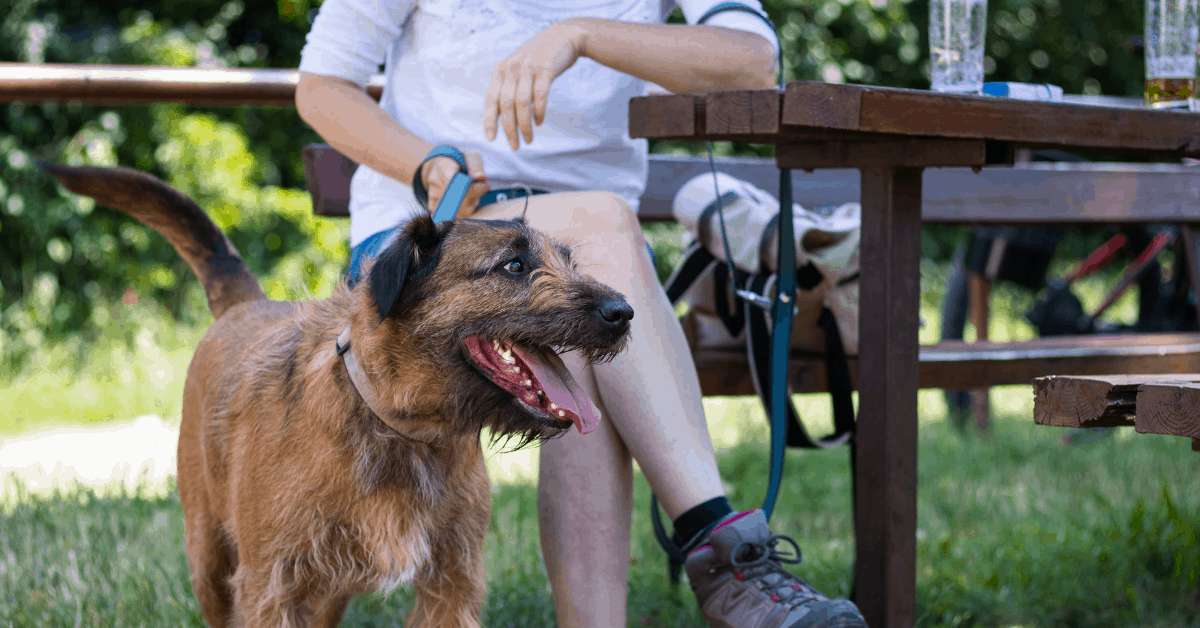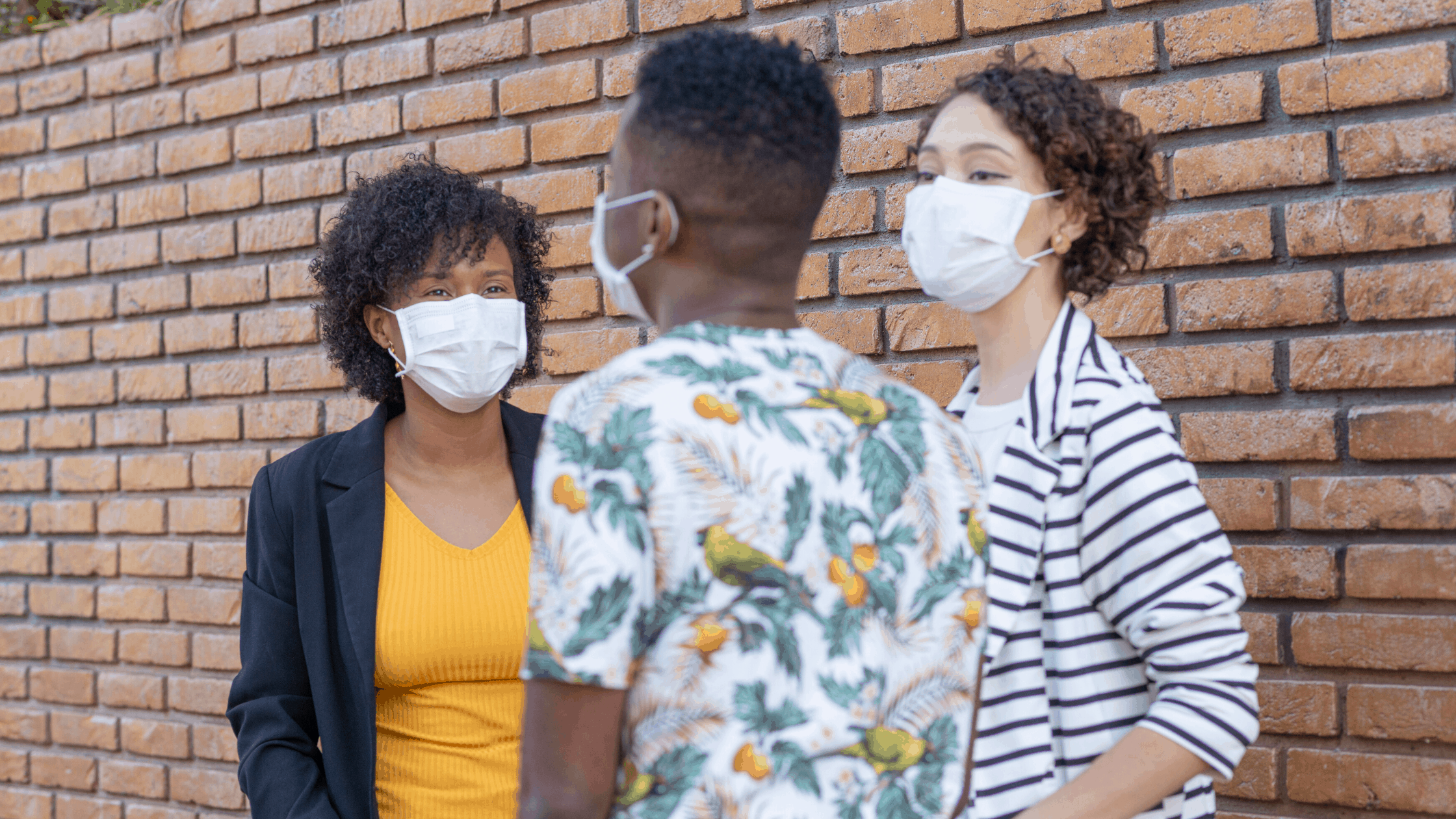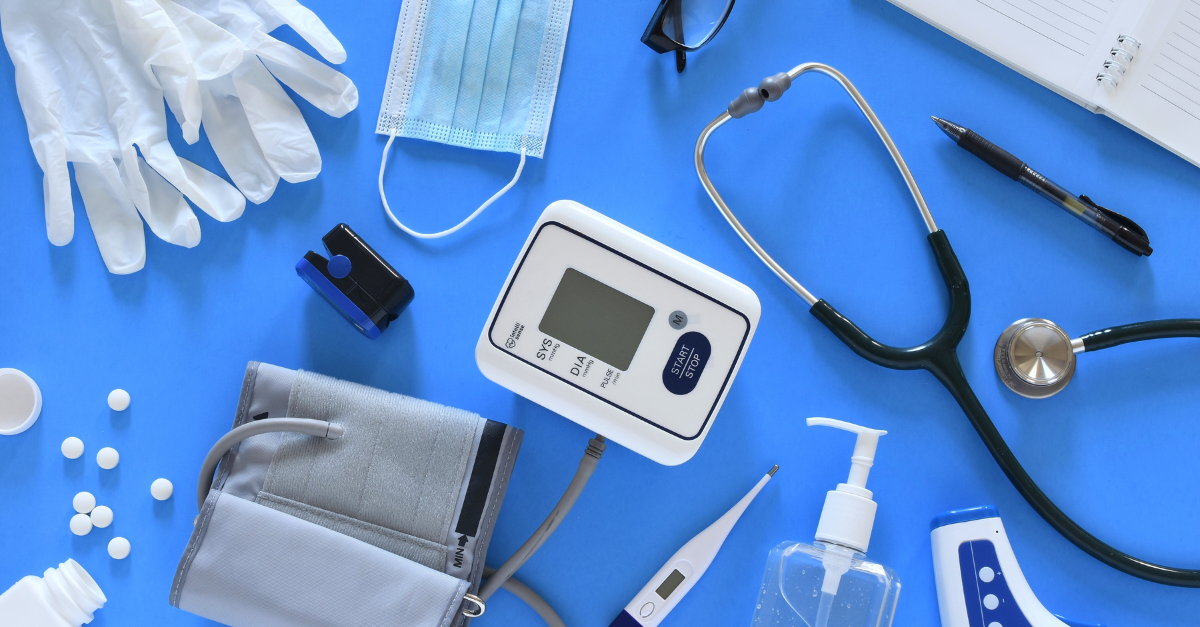Effective Thursday, April 30, 2020, at 5:00 p.m., Alabama Governor Kay Ivey has revised her Stay at Home Order requiring persons in Alabama to stay in their homes.
The new Safer at Home Order relaxes some of the restrictions for businesses, workplaces, and recreation areas in Alabama.
About Alabama’s Safer at Home Order
When does the current Stay at Home Order expire?
The current Stay at Home Order will expire on April 30, 2020, at 5:00 p.m. when the new Safer at Home Order takes effect.
When does the Safer at Home Order begin?
- Alabama’s Safer at Home order takes effect on April 30, 2020, at 5:00 p.m.
How long does the Safer at Home Order last?
- The Safer at Home Order is in effect through May 15, 2020.
What does Alabama’s Safer at Home Order mean for me?
- This new order gives you more freedom to leave your home and allows certain businesses to reopen with limitations.
New Recommendations for Individuals
The new order removes the requirement for Alabama citizens to stay at home except when performing necessary services. That means (with limitations) life can begin to return to normal.
New recommendations include:
- Minimizing travel outside the home
- Wearing face coverings when leaving your house
- Continuing diligent personal hygiene and disinfecting practices (washing hands with soap and water, disinfecting home surfaces, etc)
What Business Must Do to Protect Employees and Customers from COVID-19 Exposure
The new order requires employers to take reasonable steps to protect their employees and customers from exposure to Coronavirus.
These precautions include:
- Avoiding gatherings of 10 or more persons
- Maintaining 6 feet of separation between all people
- Regularly disinfecting frequently used items and surfaces
- Encouraging handwashing
- Preventing employees who are sick from coming into contact with other persons
- Providing remote working capability and minimizing travel
How the Safer at Home Order Affects Alabama Businesses
Now let’s look at the specific of Alabama’s Safer at Home order and what it means for different businesses. In the new order, not all businesses are treated equally.
We will review changes or lack thereof to the following types of Alabama businesses:
- Retail stores
- Beaches
- Doctor’s offices and health care facilities
- Restaurants and bars
- Schools and daycare
- Hospitals and nursing homes
- Businesses likely to have large crowds (entertainment venues, sports facilities, etc)
- Senior Centers
Retail Stores: Open with Limitations
Under the new order, all retail stores will be allowed to open IF they comply with certain rules.
These rules are designed to limit close contact between people and minizine exposure to COVID-19.
The new rules require all retail stores to do the following:
- Limit the number of customers in a store to 50% of their normal occupancy rate (as established by the Fire Marshall.)
- Keep customers socially distant (6 feet apart)
- Comply with sanitation guidelines issued by the Centers for Disease Contol (CDC) and the Alabama Department of Public Health (ADPH)
Beaches: Open with Limitations
All Alabama beaches will be open with the following restrictions:
- No gatherings of 10 or more persons
- All persons must maintain a consistent 6-foot distance between themselves and all persons from a different household.
This includes public and private areas and islands.
Elective Medical and Dental Procedures: May Begin
The new Order will allow physicians and dentists to begin to perform elective procedures unless they impact access to Personal Protective Equipment (PPE).
Providers must follow all Coronavirus rules established by regulatory boards, the ADPH and CDC.
Restaurants, Bars and Breweries: No Change
The new order does not change anything for restaurants, bars, and breweries. Individuals are still not allowed to consume food on their premises.
Establishments may continue to offer food through take-out, curbside service and delivery.
Schools and Daycare: No Change
Schools will remain closed to in-person classes.
Childcare facilities will remain open as long as there are not more than 12 children per room.
Hospitals and Nursing Homes: No Change
Nursing homes and hospitals must continue to restrict visitation in their facilities.
High-Risk Businesses and Activities: Remain Closed
The Safer at Home order continues to mandate that “higher-risk” businesses continue to be closed to non-employees.
These businesses include:
- Entertainment venues such as movie theatres, bowling alleys, nightclubs, as well as museums.
- Athletic facilities such as gyms, fitness centers, and playgrounds.
- Any sports facility where interaction is closer than six feet or uses shared equipment.
- Close contact service providers such as hair and nail salons, barber shops, and spas.
Senior Centers: Remain Closed
All Alabama Senior Centers will stay closed and continue to suspend regular programming.
Meals will still be available through curbside pick-up or delivery.
Non-Work-Related Gatherings: Remain Restricted
Large gatherings are still frowned upon under the new order.
Any group gatherings must still be limited to fewer than ten persons AND keep a distance of 6 feet between persons.
“Drive-in” gatherings are still allowed permitted if people stay in cars with people from their own households
Is It a Crime to Violate the Order?
Yes. Violations of the Order are punishable by Alabama Code § 22-2-14.
What happens if you violate the Safer at Home Order?
- Any person who knowingly violates the Order can be charged with a criminal misdemeanor.
- You can be fined between $25 – $500.
However, given the Order’s exceptions are so broad, it is difficult to see how law enforcement could cite someone for a violation.
Does the Order Override Orders from Other Cities?
Governor Ivey’s Order supersedes only any city orders or ordinances that are less strict than her Safer at Home Order.
That means that cities are free to impose stricter measures. However, cities cannot lessen the measures set forth in the Governor’s Order.
Still have questions about the new Safer at Home Order? You can find more information on the State of Alabama website here.
Read more:

















